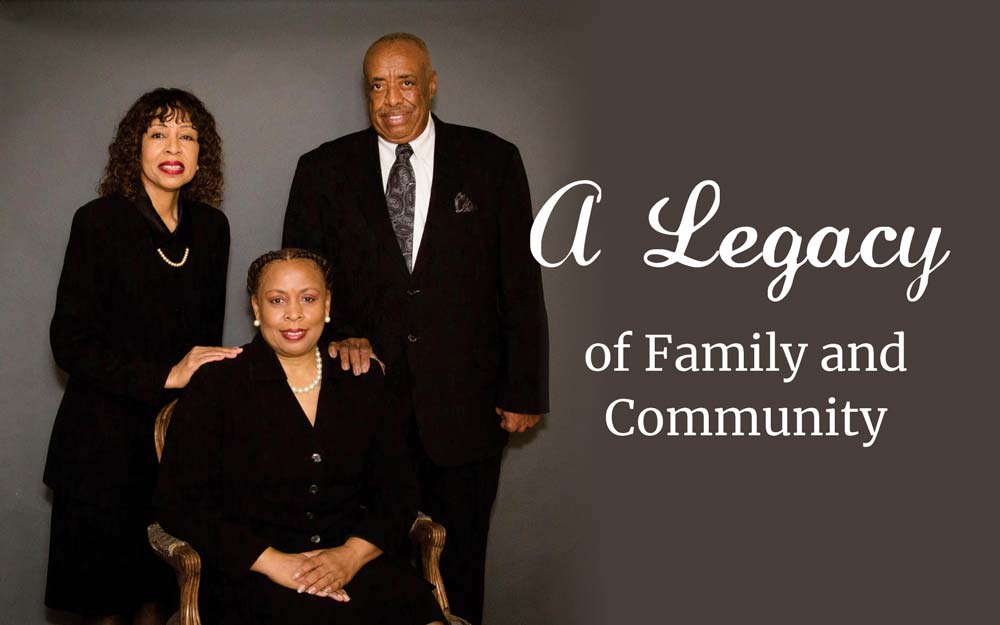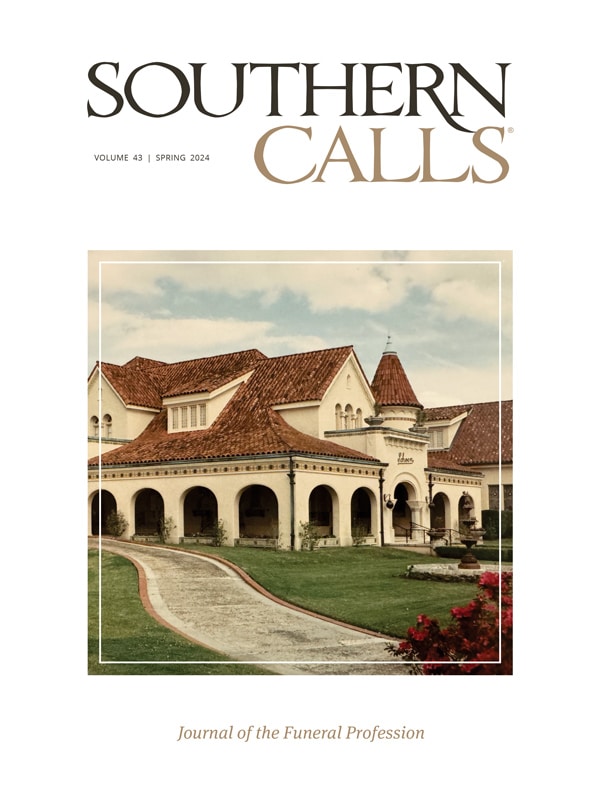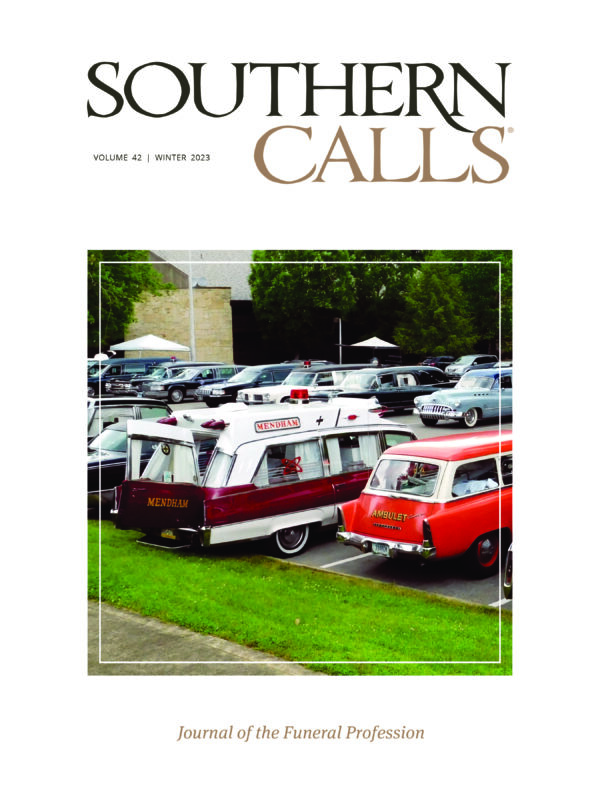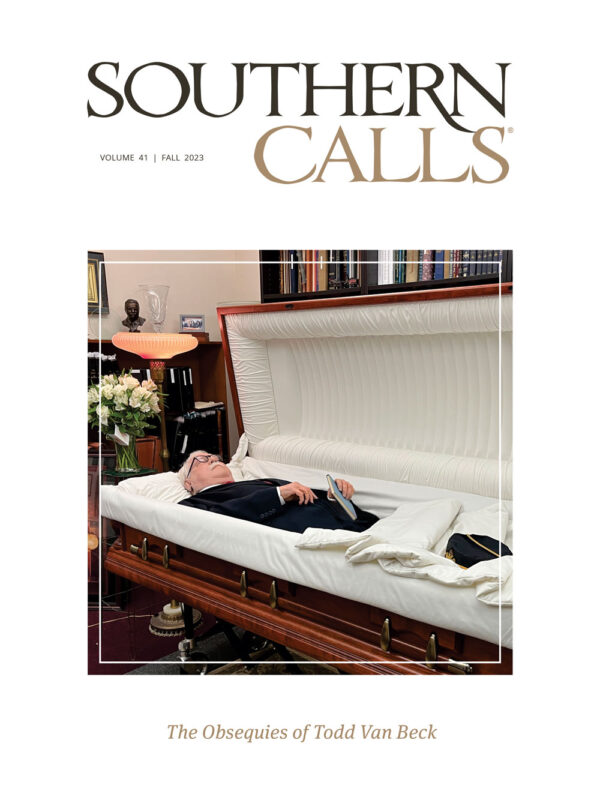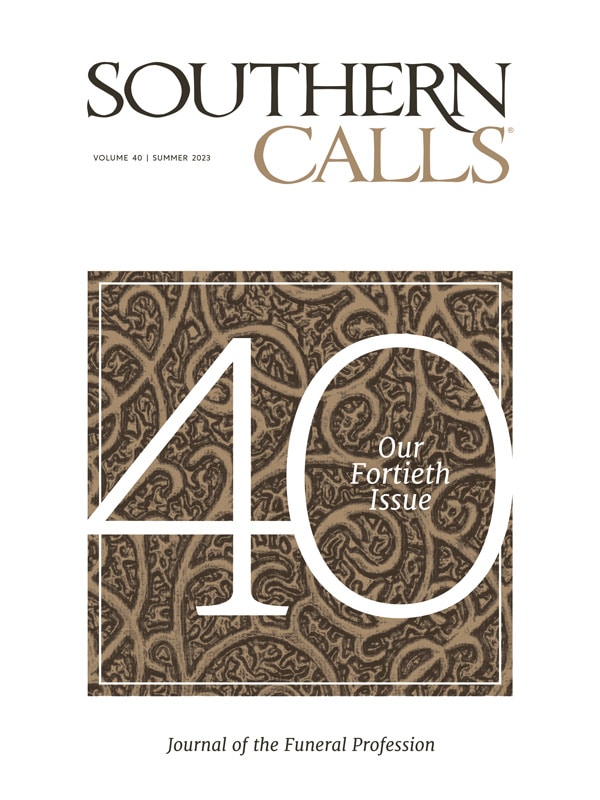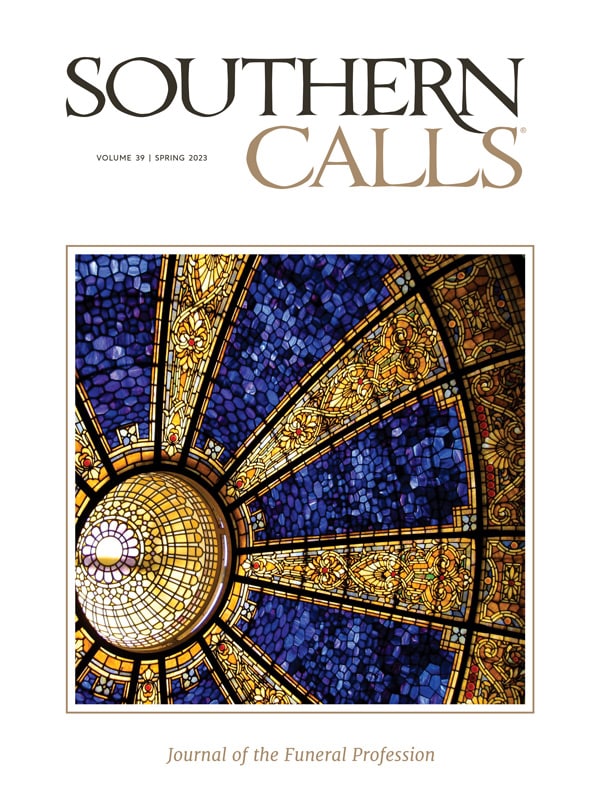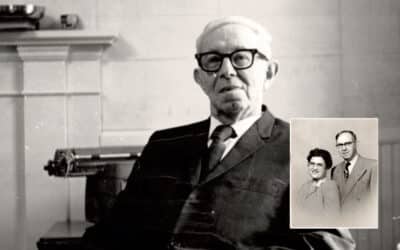On a sunny, early autumn day in LaFayette, Alabama, a sleepy little town of fewer than 3,000 people, professional vehicles were displayed on the front lawn of what was once a modest brick bungalow. There was a stage encircled with a wreath of balloons woven into an American flag. There was food. There was music. There was merriment. The occasion was the unveiling of a historical marker commemorating the listing of Vines Funeral Home and Ambulance Service on the National Register of Historic Places. It’s a distinction held by only one funeral home in the entire state. But for Merilyn Vines, president of Vines Funeral Home, the day was bittersweet. Her daddy, Julius Summers Vines, the man who began the home’s historic legacy, wasn’t there to witness the festivities.
Julius Vines was born in 1922 in Tallapoosa County, Alabama, to Adolphus and Ada Vines. The Vines’ were farmers, growing cotton, corn and other vegetables that would sustain them during the Depression.
Merilyn said of her grandmother, “Ada was an entrepreneur before the word was invented. She had a vegetable stand and sold extra produce from their farm.”
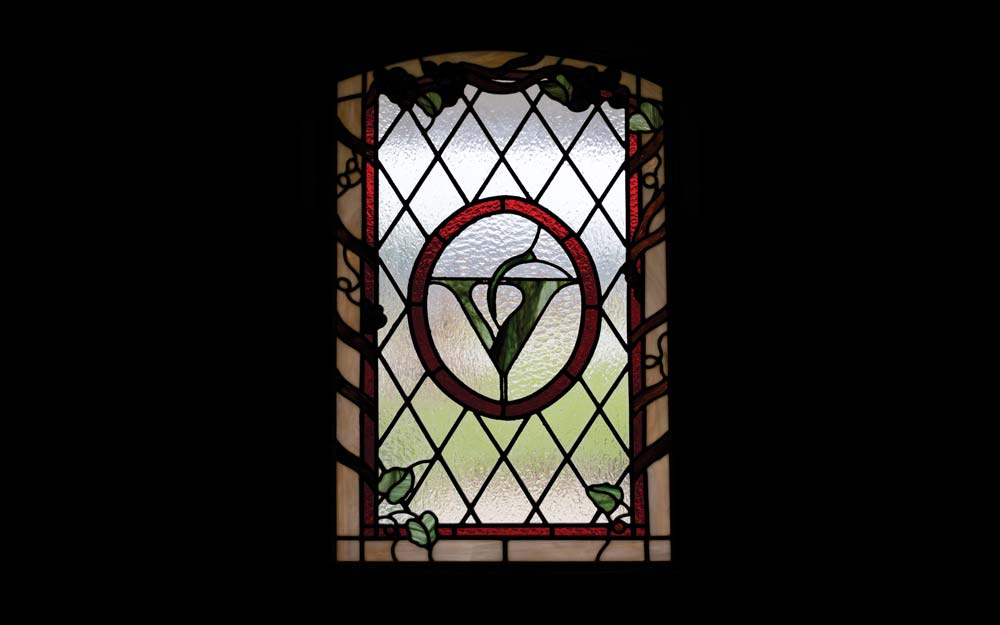
Deciding this would be his career path, Julius moved home and attended Welch Mortuary School in Birmingham while working at a local funeral home. Three-quarters of the way through the program, Welch lost its accreditation, but Julius didn’t lose heart. He chose to fight on, enrolling at Gupton-Jones in Nashville and completing the program, becoming licensed in Tennessee and Alabama.
At an early age, Julius showed an aptitude for engines. He could often be found tinkering with anything mechanical on the farm. After high school, he moved to New York to be near Houston, his older brother, and pursued a degree in auto mechanics. When Julius graduated, America had entered the fray after the bombing of Pearl Harbor, and he was drafted. Because of his technical training, he was assigned to drive a Model 1942 WC Dodge ¾ ton 4×4 in the ambulance corps. Julius landed on Omaha Beach and was later attached to the 3rd Army under Gen. George Patton. He followed Patton as the Army fought its way across Europe, ferrying soldiers from the front lines to field hospitals. His service included six frozen weeks in the Ardennes Forest in 1944 and 1945 during the Battle of the Bulge, as well as taking part in the liberation of several Nazi concentration camps. While overseas, Julius was awarded three Bronze Stars, a medal given for “heroic service in a combat zone.”
The remainder of this article is reserved for subscribers only
In addition to receiving all of our quarterly magazines by mail, subscribers to Southern Calls have exclusive access to additional online articles, as well as ability to read all Southern Calls magazine articles as they come available.
Get your One Year or Two Year subscription today, or login here to continue viewing the rest of the article.
Order this issue
Southern Calls Issue 29
In stock
Articles Relating to Issue 29
No Results Found
The page you requested could not be found. Try refining your search, or use the navigation above to locate the post.
